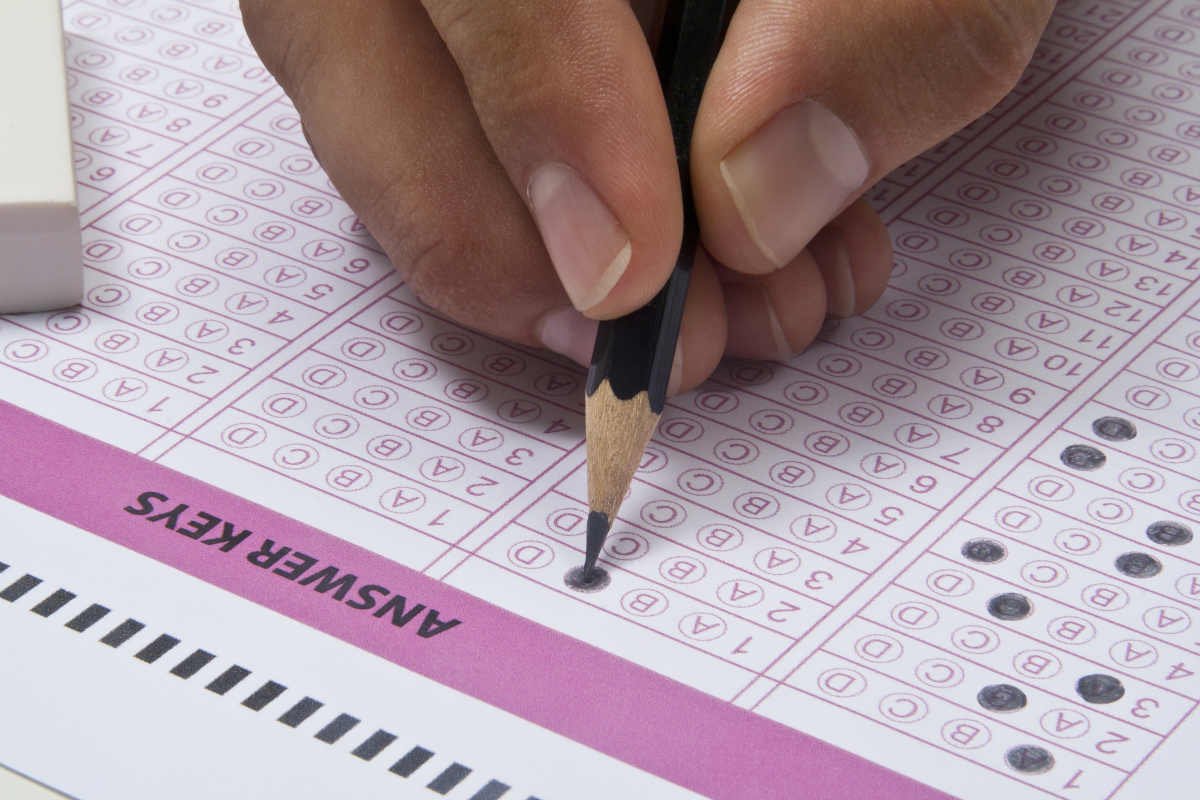Mirroring national trends, the number of California students taking college-level Advanced Placement exams has increased according to the California Department of Education. Equally significant, the CDE said the number of Latino and African-American students taking the tests has also increased.
Along with the Scholastic Achievement Test, or SAT, the AP tests are commonly viewed as indicators of college readiness. Students typically prepare for the AP test by taking a related class during the school year then sit for the exam in the spring, with some students taking more than one AP class. In California, 370,000 high school students took AP tests in 2017, up from roughly 300,000 in 2013. Similarly, Latino student participation rose to 6.5 percent and African-American student participation to about 3 percent. California’s efforts to boost enrollment in these courses reflect national growth in AP classes as way to add more rigor to high school. The number of students enrolled in AP courses nationwide has tripled to nearly three million since 2000.
Students with AP scores of three or higher can receive transferable college credit, helping reduce college costs and the coursework needed to graduate. To help make that happen, California has offered block grants to help pay for test fees, college readiness materials and counseling services. At the local level, state school districts have programs in place to increase awareness of and access to the tests. The Orange County Unified School District, for example, has teachers undergo training before teaching AP classes. Further south, the San Diego Unified School District has a staff member look for students who may do well on the exams. In the Los Angeles Unified School District, Garfield High School pioneered offering AP courses in an economically and socially diverse community in the 1980s and continues to have some of the highest success rates in AP Calculus of any open enrollment, low-income school.
Even so, critics say the presence of AP classes and tests does not necessarily guarantee quality. Experts stress the need for schools to ensure advanced classes are taught by highly qualified teachers, and that students have a strong foundation in such skills as note taking, developmental math and reading. English learner students also have the further challenge of testing in a non-native language.
Despite these challenges, proponents of AP classses point to its overall benefits for students regardless of a passing score. Said education writer Jay Mathews of the Washington Post in an interview with CSBA in 2015, “More schools are using AP even when very few of the students pass the tests, because they realize just taking AP, even if they struggle and fail the exam, will teach them more than taking a course that demands less.”





